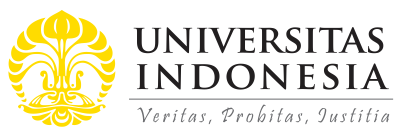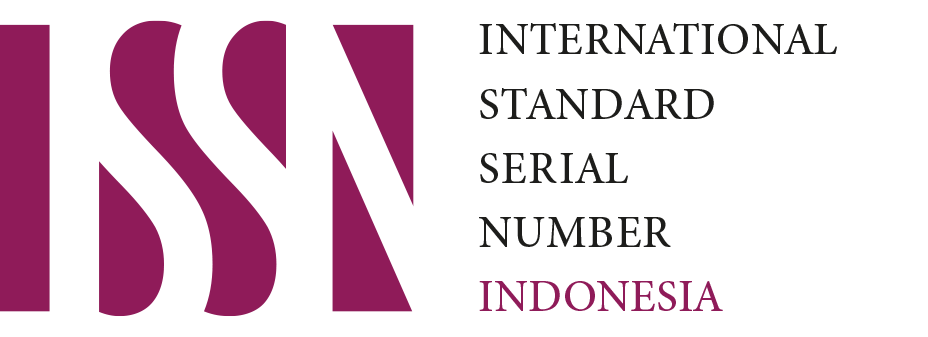Abstract
This study develops a model of expropriation through real earnings management (REM) in the Indonesian Islamic banking industry. The purpose of this study is to test a new model by examining the relationship between REM, bank ownership types, and performance of Islamic banks in Indonesia in the period of 2006 - 2013. This study finds that there are significant differences in REM and performance scores in banks with different ownership types. The REM and performance scores for family-owned banks and private-owned banks are relatively similar. However, Islamic banks with government as the controlling shareholder have the highest REM scores and the lowest performance scores. In contrast, foreign-owned banks have the lowest REM scores and the highest performance scores. The indications of expropriation can be seen from the magnitude of REM. A high REM can lower profitability and efficiency while increasing the risks faced by Islamic banks in Indonesia.
Recommended Citation
Surifah, Surifah
(2015)
"Expropriation Risk Through Real Earnings Management on Islamic Banking,"
Indonesian Capital Market Review: Vol. 7:
No.
2, Article 2.
DOI: 10.21002/icmr.v7i2.5137
Available at:
https://scholarhub.ui.ac.id/icmr/vol7/iss2/2












